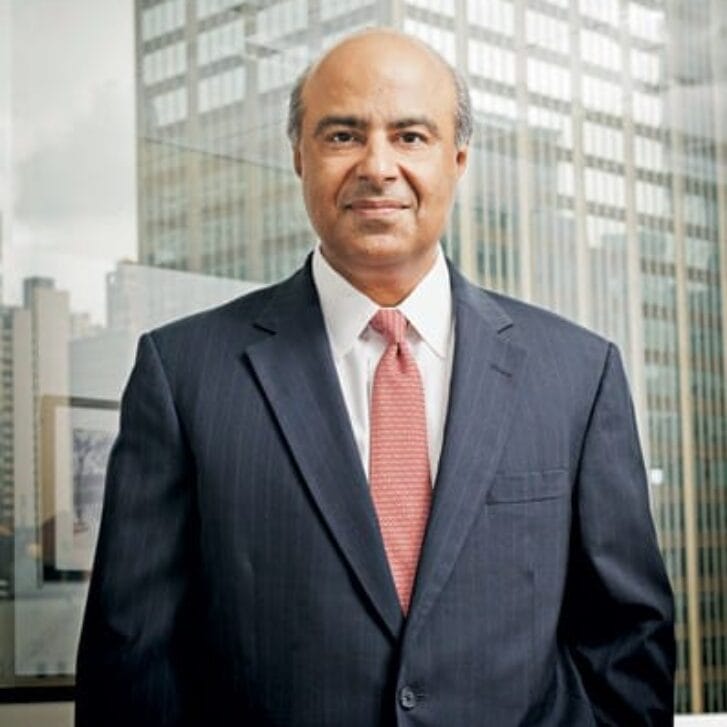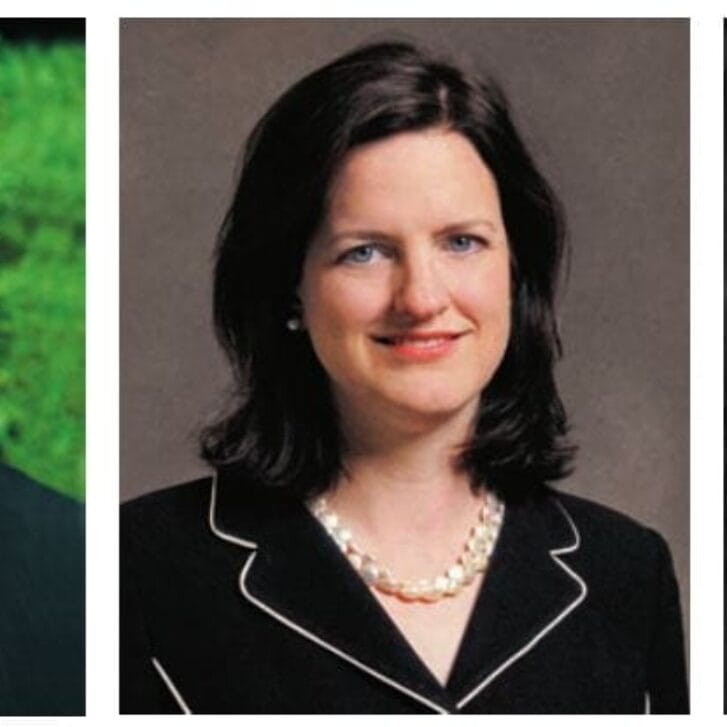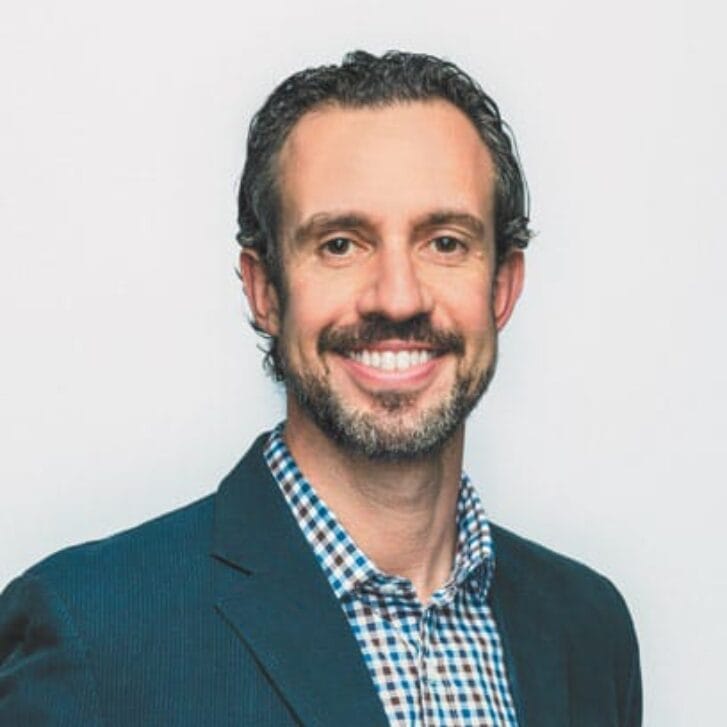I began my tenure as editor of Wharton Magazine in August, and immediately I immersed myself in the campus goings-on. I attended the customary department meetings, shook hands and memorized the names of dozens of Wharton’s competent and energetic faculty and staff. I also had the pleasure of sitting in on a guest lecture by private investor and businessman extraordinaire Sam Zell, and witnessing the annual Iron Prof competition.
I began to grasp that the “campus goings-on” at Wharton do not just happen on the campus in University City, the greater Philadelphia area or the U.S. for that matter. The research on quantitative finance that will come out of Wharton’s new Jacobs Levy Equity Management Center for Quantitative Financial Research could impact how finance is done everywhere and anywhere, and was made possible through the generosity of Wharton alumni Bruce I. Jacobs, G’79, G’86, PAR’10, and Kenneth N. Levy, WG’76, G’82.
Wharton’s wide impact can also be felt in government. No matter your political persuasion, most of us can agree that governments should keep their books straight and their investments in order. Three Wharton alumni are charged with just that task at the state level, as the treasurers in Alabama, north Carolina and Pennsylvania: Young Boozer III, WG’73; Janet Cowell, C’90, G’95, WG’95; and Rob McCord, WG’89, respectively. The role of treasurer has gained in prominence and importance in recent years. These independently elected officials are tackling the front-and-center issues of our day, from the sovereign debt crisis to the underfunding of pensions to the cost of healthcare. No wonder the position has attracted top-flight banking and financial pros.
Speaking of the critical issues of our day, what’s more important than the state of the global economy? Uncertain at best, unhinged at worst, it poses a challenge to business leaders in the near term, if not the medium term. It was not difficult to find Wharton professors and alumni willing to illuminate sustainable business strategies to succeed in such a climate. Our cover story on page 18 reveals their diverse set of insights.
Still only weeks into the job, I also became familiar with the Wharton Alumni Business Showcase, which brought together alumni on both sides of the startup experience—investors and entrepreneurs. I learned about the Faculty International Seminar (FIS) and its recent trip to South Africa and Kenya, which like FIS trips before, will lead to new insights and innovations being taught in classrooms back on Wharton’s campus.
And so, I declare myself immersed. One of the joys of overseeing your alumni magazine is that the rich and never-ending stream of activity makes for good fodder for these pages. I just wish we had more pages. I do hope, however, that you enjoy the ones that follow.


























